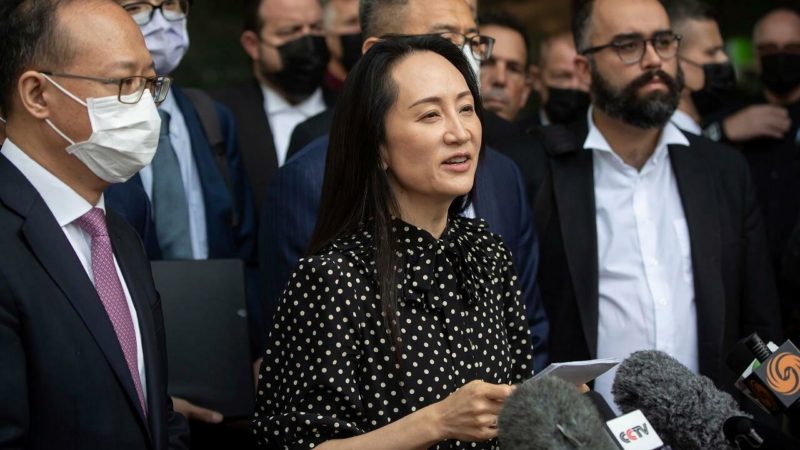20 provinces and municipalities in China have seen major power cuts since 22 September, as a result of the central government releasing its power restriction policy. This policy aims to limit the electricity used in factories to reduce national energy consumption due to a shortage.
The provinces of Suzhou, Zhejiang and Guangdong have already shut down factories to comply with the latest policy. Meanwhile, some households in northeast China, who are the country’s largest consumers of electricity, have also been affected by the local outage. Households there have been experiencing power cuts on and off for three days, causing disruption to their daily lives.
Chinese state media has explained to citizens that the power cuts are the result of short supply meeting increased demand. Thermal power stations are a major component of the electricity sources within China, with coal-fired power plants generating 71.9% of China’s electricity between January and August this year. However, there is currently a national shortage of coal due to the coal mining cycle and the COVID-19 pandemic. In conjunction with this, 2021 has been the year in which China has seen the fastest-growing gap between supply and demand for electricity.
Some netizens argue that China is not short of electricity. In 2020, China’s electric output capacity was 2.26 billion kWh, with 1.245 kilowatts by thermal power alone. This means that every year, fossil fuel power stations on their own can generate 10 trillion kWh and meet the national demand of 7.6 trillion kWh. The current power supply does not appear to them to be the real reason behind China’s national power cut.
It’s becoming clear that the recent power restriction has been a move from China to honour its pledges of hitting peak emissions before 2030 and achieve carbon neutrality by 2060. Furthermore, netizens speculate that another important reason has been Beijing’s ambitious aim to build an intercontinental power grid. The government has pledged to stop building coal plants overseas and to resume supporting developing countries by selling electricity utilising its world-leading ultra-high-voltage electric grids across continents.
Read more:









